Why empowering colleagues matters the most when leading others
Read MoreScience for Living & Working Well
Insights from social science for living and working well, with a side of travel writing to share stories about great people and places in the world.
Brett L. Bruyere
My brain is wired -- to a fault -- from a place of logic and the big picture. I need to see a link between standard activities like building a website, and a larger purpose, or I'll wonder what's the point? And I place a lot of value on science; it has volumes and volumes of guidance and answers that are often overshadowed by entrenched norms, noise and rhetoric.
I settled on the site's purpose as this: to stimulate us to live and work well, using science to build our understanding about what contributes to a decent life. I'm not an expert on topics I write about, but I look into science and synthesize what experts have to say about several topics. I'll continue to add more content as I dig into research on more topics.
There's also a page on the site where I write about places I've explored, similar to a travel blog and starting with some Fall 2024 travel. These posts fulfill an interest in reflective writing, and maybe there's value to readers who have thought about visiting some of the same places.
picture (right): near Podrbo, Slovenia.
Living Well
Science-informed thoughts about how to live well.
Working Well
Science-informed thoughts for how we can work better.
Going Places
The world is full of beautiful places and interesting people.
About Me
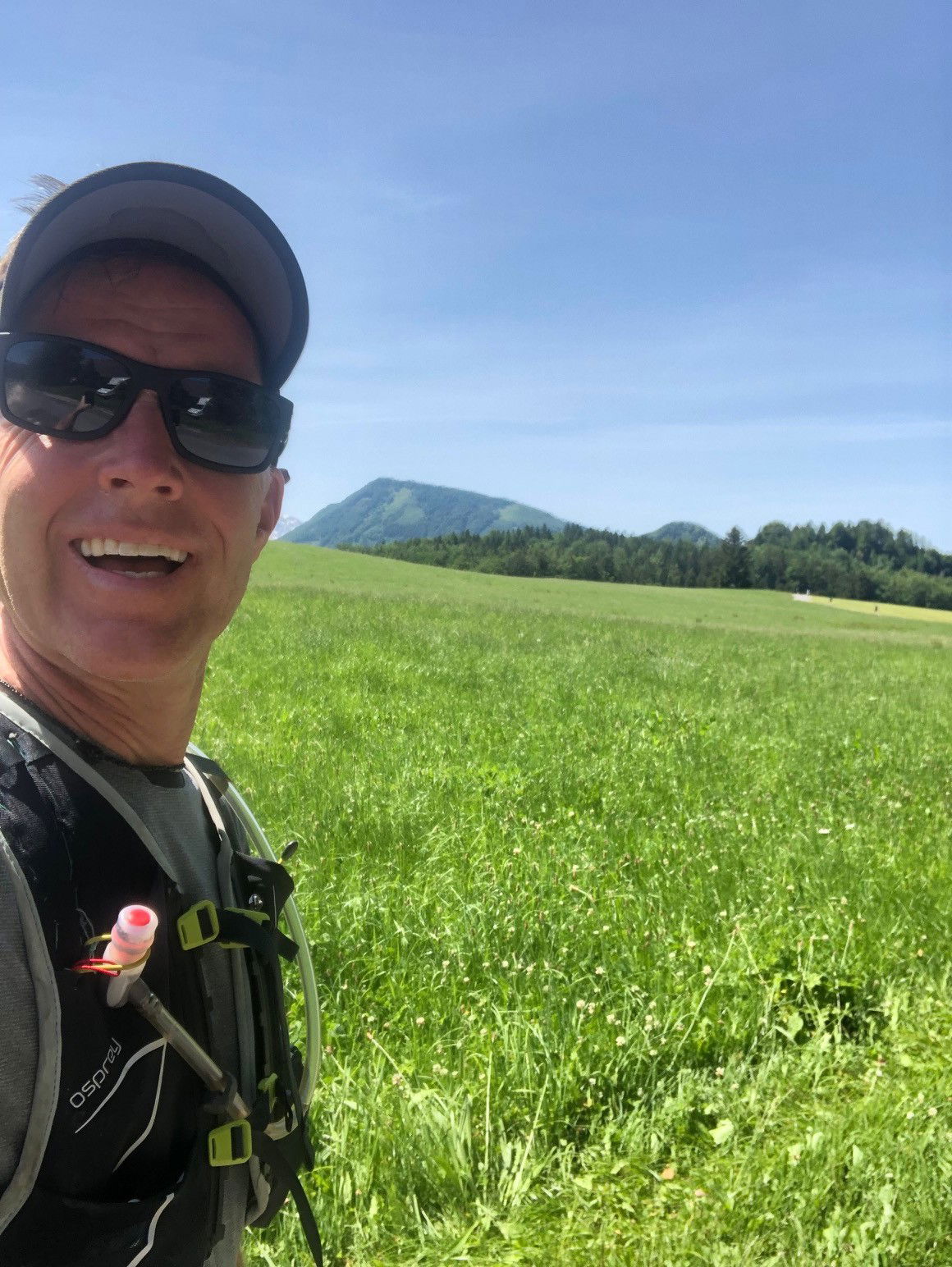
Photo: near Salzburg, Austria
Best way to reach me: Message on LinkedIn
I am committed to positive change for people, places, and the natural world. My blended experience as a director, teacher, co-founder of a non-profit, researcher and member of several community organizations and initiatives have led me to acquire and hone skills in program development, strategic planning, collaborative processes, evaluation, data-driven problem-solving, and philanthropy. My global portfolio include program development and collaborative research in the United States, Kenya, Rwanda, Indonesia, and others, with contexts that include formal education investments in Kenyan youth, capacity-building for coral reef monitoring, leadership assessment of conservation organizations, women's access to water and decision-making, land restoration for resilience, and others. I thrive on problem-solving, efficiency and outcomes-based or 'working backwards' thinking.
As a researcher, teacher, non-profit administrator, and board member, I am consistently in a role of strategically designing, adapting, and implementing plans to translate ambitious goals and visions into day-to-day actions. Significant achievements include establishing a vision and revenue growth for a university nature center; achieving enrollment stability and clarifying goals for an applied graduate program in conservation leadership; publishing 50+ peer-reviewed academic articles on numerous applied research endeavors; and designing and initiating poverty alleviation and leadership programs for Kenyan women and youth.
Much of my well-being and commitment to positive change is rooted in my affinity for the natural world. I grew up with proximity to incredible natural spaces in the Pacific Northwest, spent most of my childhood summers in a rural lake region of central Minnesota, and have been fortunate to explore many of the world's great natural places. A commitment to conserving these areas goes hand in hand with a commitment to supporting the communities, families and individuals who live alongside them. These values and perspectives form the basis of much of my life's purpose.
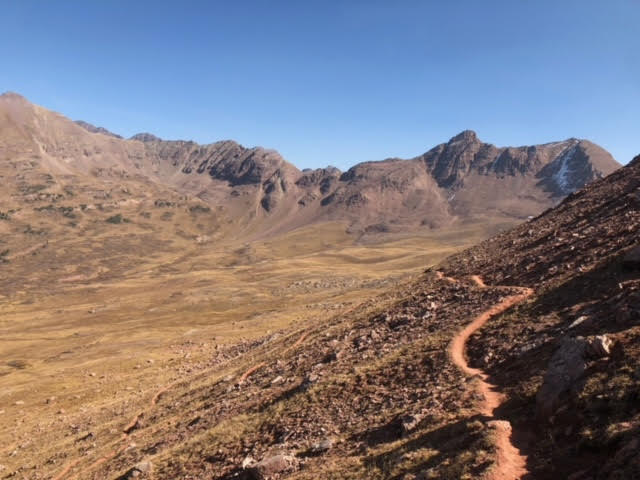
Four Pass Loop, White River National Forest, near Aspen, Colorado
Professional Roles
Substitute Teacher, Poudre School District, Fort Collins, Colorado. 2024-current.
- Provide coverage for various K-12 grades and subjects.
- Apply classroom management to maintain a positive learning environment.
- Relate to students using language, tone and stories that resonate and extend appropriate levels of trust.
- Milestones: surviving several middle school classrooms, learning dozens of variations of tag for PE classes, relearning how the Stamp Act contributed to the lead-up of the Revolutionary War.
Faculty, Human Dimensions of Natural Resources, Warner College of Natural Resources, Colorado State University. 2007-current.
- Director of graduate program in conservation leadership, including fiscal oversight, evaluation of outcomes, partnership-building, mentoring/advising students, and ongoing strategic planning to align program inputs with conservation workplace needs.
- Teach undergraduate and graduate level coursework in conservation leadership, non-profit administration, collaborative conservation, social science research methods and evaluation, and environmental communication.
- Maintain applied and diverse research agenda focused on topics ranging from conservation education, post-wildfire collaboration and communication, adaptive capacity of pastoralist communities (Kenya) to climate impacts, public attitudes toward wildlife, outdoor recreation participation, and more.
- Milestones: university-wide award for advising/mentoring, college-wide awards for teaching and outreach/service to community, established enrollment and program stability for conservation graduation graduate program, 85%+ job placement rate for conservation leadership graduate students, 50+ published peer-reviewed research articles, 30+ grants totaling more than $2 million.
Director, Environmental Learning Center, Colorado State University. 2003-2016.
- Established values, goals and strategic direction for 200+ acre nature center.
- Created culture of innovation, trust and accountability to empower staff to deliver robust educational and service program schedule.
- Managed all overhead operations including budgeting, grant writing and reporting, land stewardship (e.g,. trails, weed control), and facility maintenance
- Established partnerships with community organizations to enhance programming and address community needs
- Milestones: achieved programmatic and financial stability, 400%+ increase in fee-for-service revenue, increased staff from 5 to 12+, new programming to support girls' participation in science and participation of under-represented audiences in STEM.
Co-Founder, Samburu Youth Education Fund. 2010-present.
- Co-established vision, mission and goals for 501(c)3 organization via community collaboration to create stable pathways for educational access and empowerment for women and youth in Kenya
- Lead all philanthropic activities including donor engagement and communication.
- Facilitate annual program planning and evaluation plans with Kenya-based staff.
- Insure transparency and accountability of organizational activities via community and donor communication
- Milestones: full secondary school scholarships for 200+ youth, more than $50,000 of beadwork merchandise sold to support 30+ women, launched program to support start-up of 10 new small businesses, established model of clean water strategy for women's villages, positioned organization as respected community institution with reputation for transparent and non-corrupt activities.
Case Manager, Youth Offender Response Team, Larimer County, 1998-2002.
- Monitored and supported youth and families during pre-adjudication period of legal proceedings.
- Connected and monitored youth with community resources to address individual and family needs.
- Developed county-sponsored program to promote youth resilience and development via experiential outdoor recreation activities.
- Provided on-call crisis management to youth and families.
- Advocated for fairness and equity during assessments and screenings of youth and families.
Associate, Harris/Smith Public Affairs, 1994-1997.
- Supported principal consultants with research, copy editing, event support and planning to promote positions of clients to policy-makers at local and state government levels.
- Actively worked on building support for legislation to support people with developmental disabilities, small business, environmental considerations of large public capital projects, rural health care access, and other topics.
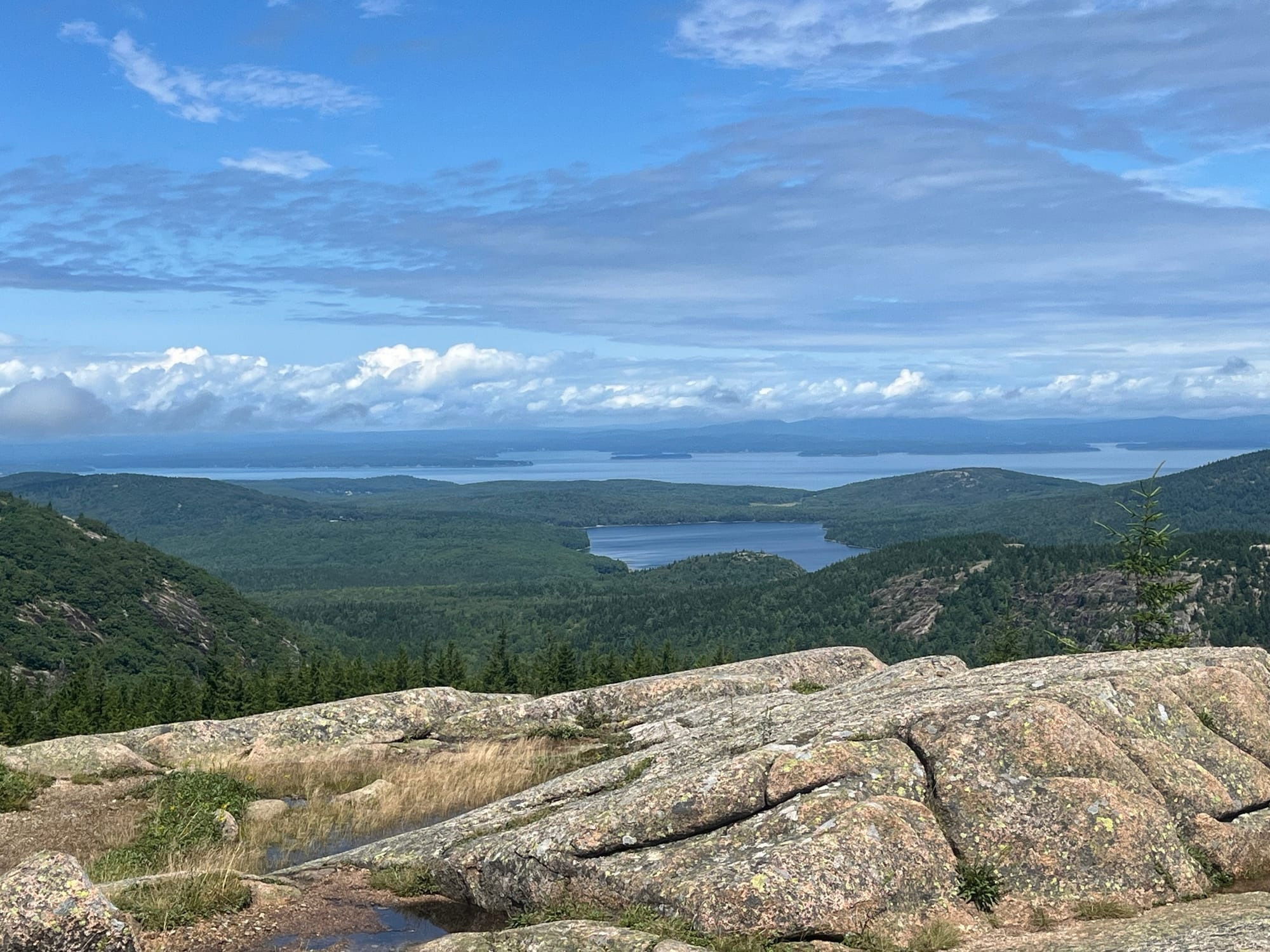
Acadia National Park, Maine
Selected Examples of Projects
Colorado Parks and Wildlife (2023-24): conducted statewide survey of residents to determine outdoor recreation participation rates, motivations and barriers to inform a required statewide outdoor recreation planning update. In addition, conducted qualitative review of outdoor equity grant applications to determine trends in strategies and target audiences to reach historically marginalized groups.
Yampa River Fund (2023): conducted survey to determine feasibility of potential options for private sector financial support of river health initiatives.
Continental Divide Trail Coalition (2022-24): worked alongside graduate students on projects to support CDTC's community engagement initiatives to support trail users.
Conservation Planning Specialist Group, International Union for Conservation of Nature (2019-21): conducted literature review and qualitative survey of stakeholders to design theory of change framework for wildlife conservation training program.
National Geographic Society, Smithsonian Institutions, Re:wild (2019-20): member of consultant team to determine global-scale conservation leadership capacity-building niche via comprehensive review of programs, and surveys and interviews with program leaders.
United States National Resource Conservation Service (2018-19): developed a test bank of exam questions based on training content, pilot tests and psychometric analysis to support certification in conservation planning for NRCS employees.
Science Education Exchange - Denver (2008-12): conduced focus groups with parents and community organization staff to determine motivations and barriers to informal science programs (e.g., zoos, museums), and faciliated program planning of eight-member collaborative that led to increased participation by marginalized groups.
EnvironMentors (2008-12): conducted surveys and focus groups to determine viable program model of university-led initiatives to link secondary school youth to environmentally-related STEM programs, with emphasis on underrepresented groups.
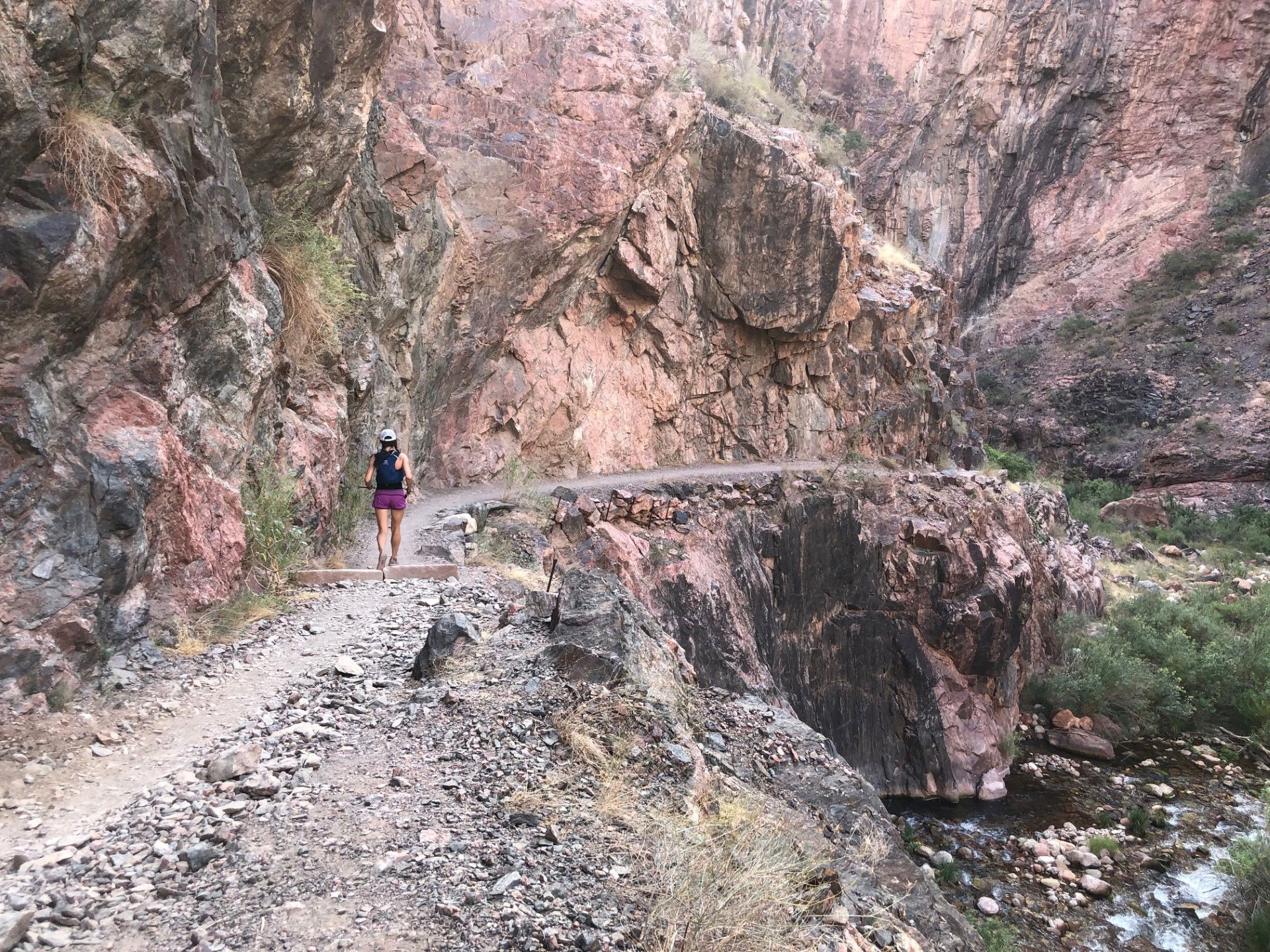
Grand Canyon National Park, Arizona
Education
- B.A. Political Science, Washington State University
- M.S, Conservation Social Science, Colorado State University
- PhD, Conservation Social Science, Colorado State University
- Certificate, Google Project Management, (200+ hours, online)
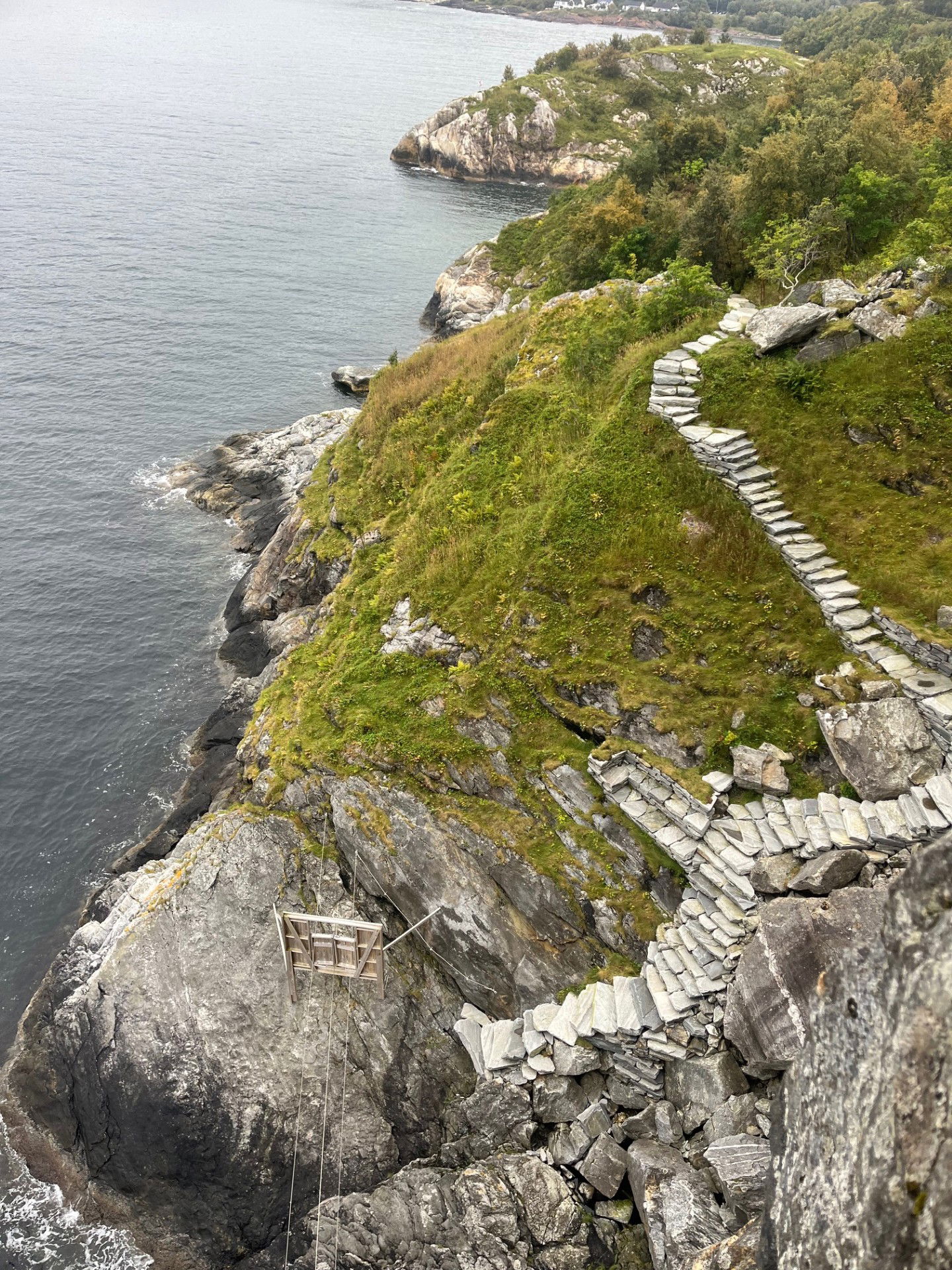
Near Bodø, Norway
Examples of Published Work
Below are examples of published work that illustrate my interests, expertise and experience. For a full list of published work, visit my profile on Research Gate.
A Step in the Right Direction: Measuring Indicators of Responsible Community Engagement in Samburu, Kenya (2022). This article demonstrates interests in and commitment to conducting research in partnership with the communities on which the research is focused, and raising the standard on what it means to conducting ethical research with historically marginalized groups.
Beyond skills and knowledge: the role of self-efficacy and peer networks in building capacity for species conservation planning (2022). This article was based on research with participants in a global conservation training program, and emphasizes the need to think about "capacity building" as more than building skills and knowledge, to include enhancing confidence among trainees to use the skills and knowledge.
Pastoral coping and adaptation climate change strategies: Implications for women's well-being (2022). This article addressed how groups of women in northern Kenya respond to drought, in a context where women have been historically marginalized but carry nearly all of the responsibilities for maintaining their households.
A framework for conceptualizing leadership in conservation (2021). This article outlines a framework of five domains and 15 behaviors that contribute to conservation success, based on a systematic review of conservation research. The results are easily applied to any conservation context or setting.
Giving women a voice on decision-making about water: barriers and opportunities in Laikipia, Kenya (2018). This article surveyed women in central Kenya about decision-making processes for water availability and allocation. The results highlight the paradox of greater calls for women's involvement in policy and among equity advocates, but places greater demands on women's time who already carry tremendous responsibility in their communities and households.
Media reporting of conflict between wildlife and people spending time in nature: Human-Wildlife Conflict in the Media (2018). This research investigated how incidents of human-wildlife conflict are reported in traditional media sources such as daily and weekly news outlets. Media sources in small markets and communities were more likely to report conflict with content that placed the incident in context and is less likely to elicit an emotive response by readers.
Incorporating Environmental Education into an Urban After-School Program in New York City (2016). In this article we report findings from a series of focus groups with educators and parents from a school located in the Bronx borough of New York City, to determine viable after school and weekend program options for urban youth and their families to experience and connect with nature.
Response to “More Kids in the Woods: Reconnecting Americans with Nature” (2008). This commentary / thought piece addressed the benefits and need to connect people to nature at a young age to instill a commitment to protecting natural landscapes and supporting environmental stewardship.
Selected Civic & Professional Service Positions
Board member, Continental Divide Trail Coalition, Golden, Colorado (2025-present)
Co-Founder, Samburu (Kenya) Youth Education Fund (2010-present)
Advisor, Conservation Planning Specialist Group, International Union for the Conservation of Nature (2018-current)
Board member, Western Kenya Education Organization (2020-present)
Board member, Yampatika (2021-present), Steamboat Springs, Colorado
Proposal reviewer, National Science Foundation (2008-ongoing), Washington DC
Advisor, Yampatika (2016-2021), Steamboat Springs, Colorado
Board member, Sierra Nevada Journeys (2012-15), Reno, Nevada
Board member, Global Village Museum (2011-14), Fort Collins, Colorado















